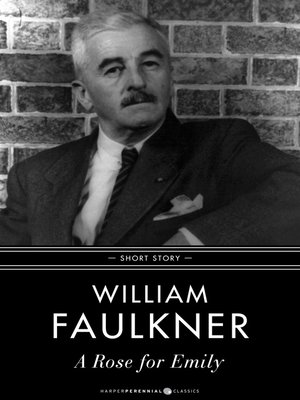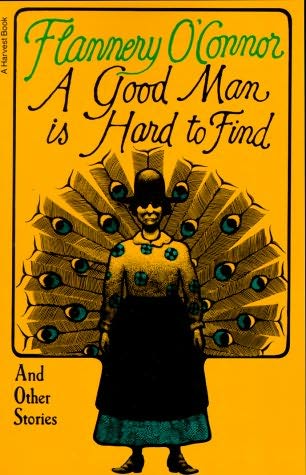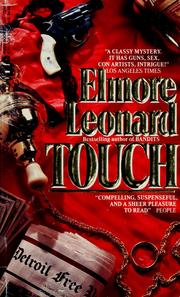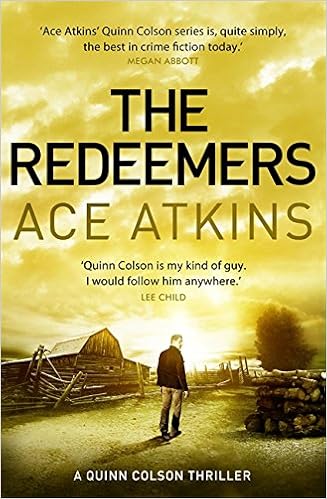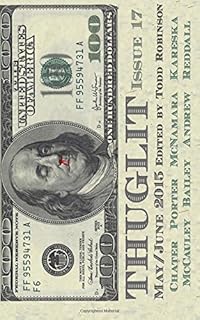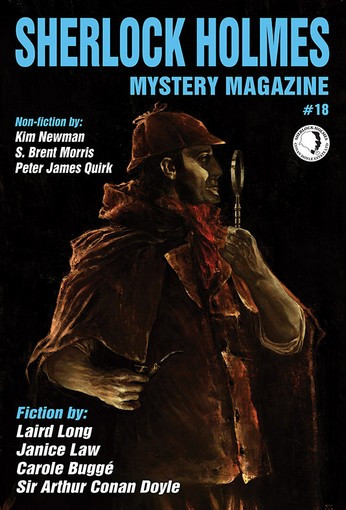Recently I told a friend that I had just finished a story, and it was 6,500 words. She replied: how long is that?
I was tempted to say: 6,500 words long. But I know what she meant. Why would she know how many words make a short story, a novella, or War and Peace?
And that got me thinking, with the following result. I hope it informs or entertains you. At least it may kill the time while you wait for the barista to finish your double tall skinny caramel cappuccino with shea butter and bacon drippings.
In the box below are the titles of fifty famous short stories by American authors. I am not saying they are the best stories or best authors (and let's not go down that rabbit hole in the comments) but they are on enough best-of lists for various genres that I assume most literate Americans have read a lot of them.
So here is my challenge. Check the list below and make note of the stories you think you know well. At the very least, pick two. Then ask yourself: Which is longer?
Further down the page, where you will find out their actual (approximate) lengths. I was surprised to find out that one is flash fiction (fewer than 1,000 words). I was astonished by the Crane and Hammett stories; I would have bet money on the shorter tale being the longer one. Here you go:
| A&P - John Updike "All You Zombies--" - Robert A. Heinlein Bartleby the Scrivener - Herman Melville The Beast in the Jungle - Henry James Bernice Bobs her Hair - F. Scott Fitzgerald Big Blonde - Dorothy Parker The Call of Cthulu - H. P. Lovecraft The Cask of Amontillado - Edgar Allan Poe The Celebrated Jumping Frog of Calaveras County -Mark Twain Chrysanthemums - John Steinbeck Everyday Use - Alice Walker Gift of Cochise - Louis L'Amour Gift of the Magi - O. Henry Gimpel the Fool - Isaac Bashevis Singer A Good Man is Hard to Find - Flannery O'Connor The Golem - Avram Davidson The Gutting of Couffignal - Dashiell Hammett Haircut - Ring Lardner Harrison Bergeron - Kurt Vonnegut, Jr. I Stand Here Ironing - Tillie Olsen I'll Be Waiting - Raymond Chandler The Jilting of Granny Weatherall - Katherine Anne Porter A Jury of her Peers - Susan Glaspell The Killers - Ernest Hemingway The Lady, or the Tiger - Frank Stockton Lamb to the Slaughter - Roald Dahl |
The Last Question - Isaac Asimov The Legend of Sleepy Hollow - Washington Irving The Lottery - Shirley Jackson The Luck of Roaring Camp - Bret Harte An Occurence at Owl Creek Bridge - Ambrose Bierce The Ones Who Walk Away From Omelas - Ursula K. LeGuin The Open Boat - Stephen Crane Paul's Case - Willa Cather Pigs is Pigs - Ellis Parker Butler Roman Fever - Edith Wharton A Rose for Emily - William Faulkner The School - Donald Barthelme The Secret life of Walter Mitty - James Thurber The Sound of Thunder - Ray Bradbury Stage to Lordsburg - Ernest Haycox The Story of an Hour - Kate Chopin The Swimmer - John Cheever Thank You Ma'am - Langston Hughes They Do Not Always Remember - William S. Burroughs To Build a Fire - Jack London The Use of Force - William Carlos Williams What We Talk About When We Talk About Love - Raymond Carver Where Are You Going, Where Have You Been? - Joyce Carol Oates Young Goodman Brown - Nathaniel Hawthorne |
To discourage you from sneaking down the page and checking the answers without deciding which of two stories are longer, I am putting in these lovely crows to block the view. Sorry, no ravens were available.
Made your decisions about lengths? Okay, here are the numbers:
Approximately 600 words
They Do Not Always Remember - William S. Burroughs
Approximately 1,000 words
The Story of an Hour - Kate Chopin
Approximately 1,200 words
The School - Donald Barthelme
Approximately 1,300 words
Thank You Ma'am - Langston Hughes
Approximately 1,500 words
Gimpel the Fool - Isaac Bashevis Singer
Approximately 1,600 words
The Golem - Avram Davidson
The Use of Force - William Carlos Williams
Approximately 2,100 words
Gift of the Magi - O. Henry
The Secret life of Walter Mitty - James Thurber
Approximately 2,200 words
Harrison Bergeron - Kurt Vonnegut, Jr.
Approximately 2,400 words
The Cask of Amontillado - Edgar Allan Poe
 Approximately 2,600 words
Approximately 2,600 wordsThe Celebrated Jumping Frog of Calaveras County - Mark Twain
Approximately 2,700 words
The Lady, or the Tiger - Frank Stockton
Approximately 2,800 words
A&P - John Updike
The Ones Who Walk Away From Omelas - Ursula K. LeGuin
Approximately 3,000 words
The Killers - Ernest Hemingway
Approximately 3,400 words
I Stand Here Ironing - Tillie Olsen
Pigs is Pigs - Ellis Parker Butler
Approximately 3,600 words
Everyday Use - Alice Walker
Approximately 3,700 words
A Rose for Emily - William Faulkner
Approximately 3,800 words
The Lottery - Shirley Jackson
An Occurence at Owl Creek Bridge - Ambrose Bierce
Approximately 3,900 words
The Jilting of Granny Weatherall - Katherine Anne Porter
Lamb to the Slaughter - Roald Dahl
Approximately 4,100 words
The Luck of Roaring Camp - Bret Harte
MEDIAN - Half the stories are shorter than this; half are longer.
Approximately 4,200 words
Chrysanthemums - John Steinbeck
Approximately 4,400 words
The Last Question - Isaac Asimov
The Sound of Thunder - Ray Bradbury
Approximately 4,800 words
"All You Zombies--" - Robert A. Heinlein
Approximately 4,900 words
Roman Fever - Edith Wharton
Approximately 5,000 words
Haircut - Ring Lardner
What We Talk About When We Talk About Love - Raymond Carver
Approximately 5,100 words
Gift of Cochise - Louis L'Amour
The Swimmer - John Cheever
Approximately 5,200 words
Young Goodman Brown - Nathaniel Hawthorne
Approximately 5,500 words
I'll Be Waiting - Raymond Chandler
Approximately 6,500 words
A Good Man is Hard to Find - Flannery O'Connor
Stage to Lordsburg - Ernest Haycox
Approximately 7,100 words
To Build A Fire - Jack London
Where Are You Going, Where Have You Been? - Joyce Carol Oates
Approximately 7,600 words
The Gutting of Couffignal - Dashiell Hammett
Approximately 7,600 words
A Jury of Her Peers - Elizabeth Glaspell
Approximately 8,200 words
Paul's Case - Willa Cather
Approximately 8,600 words
Big Blonde - Dorothy Parker
Approximately 8,900 words
Bernice Bobs her Hair - F. Scott Fitzgerald
Approximately 9,400 words
The Open Boat - Stephen Crane
Approximately 11,800 words
The Legend of Sleepy Hollow - Washington Irving
Approximately 11,900 words
The Call of Cthulu - H.P. Lovecraft
Approximately 14,500 words
Bartleby the Scrivener - Herman Melville
Approximately 19,000 words
The Beast in the Jungle - Henry James




